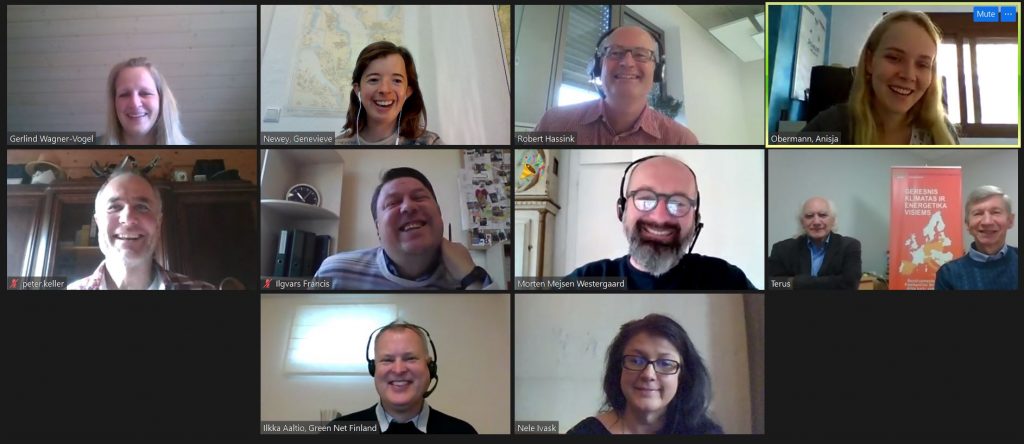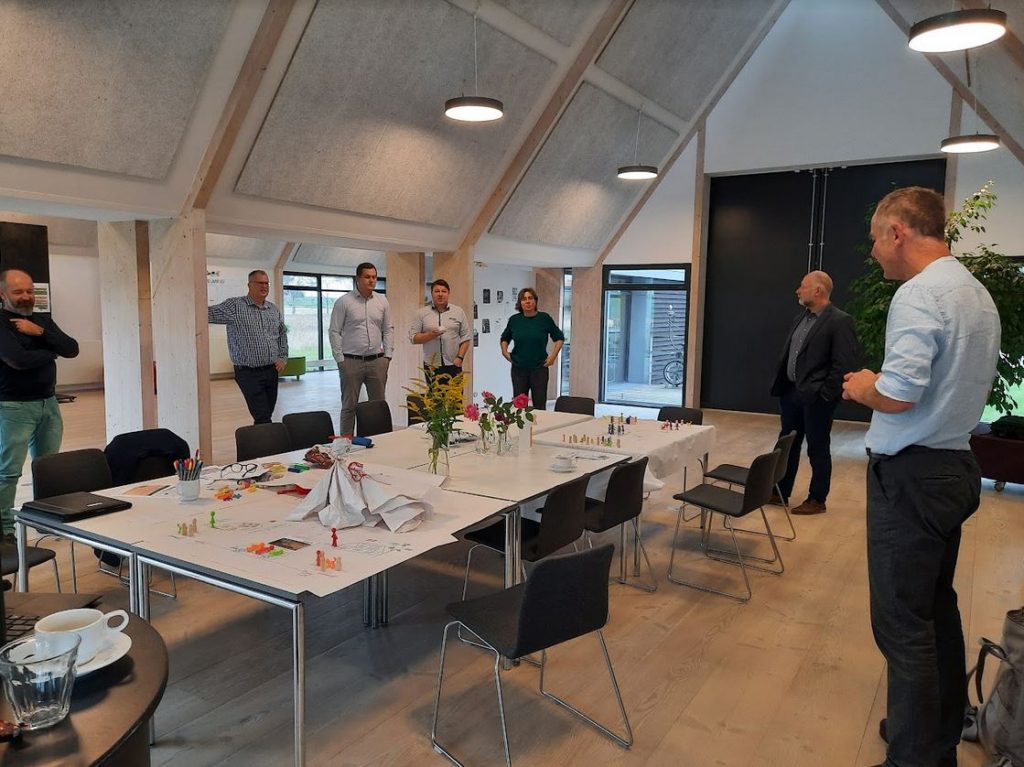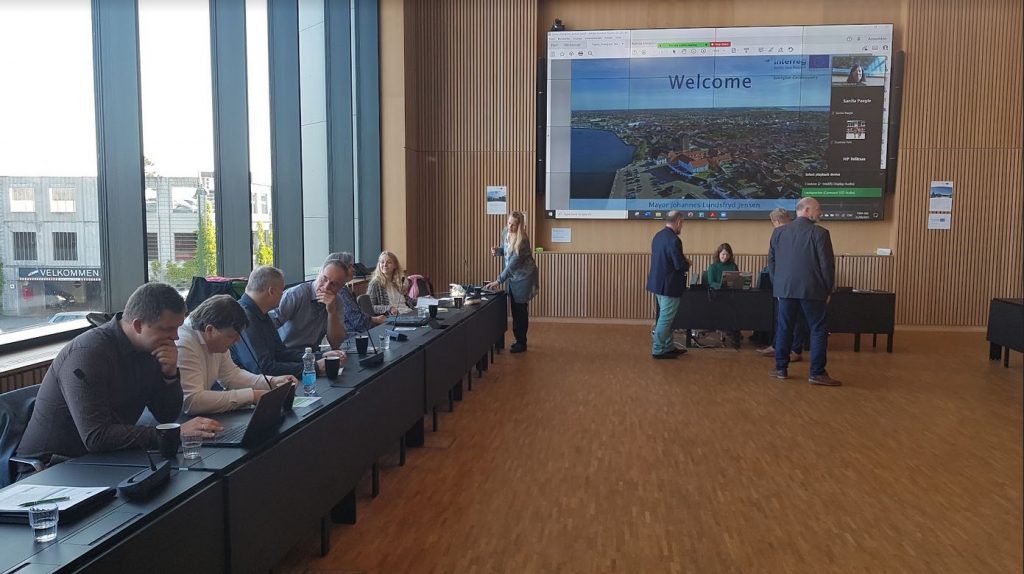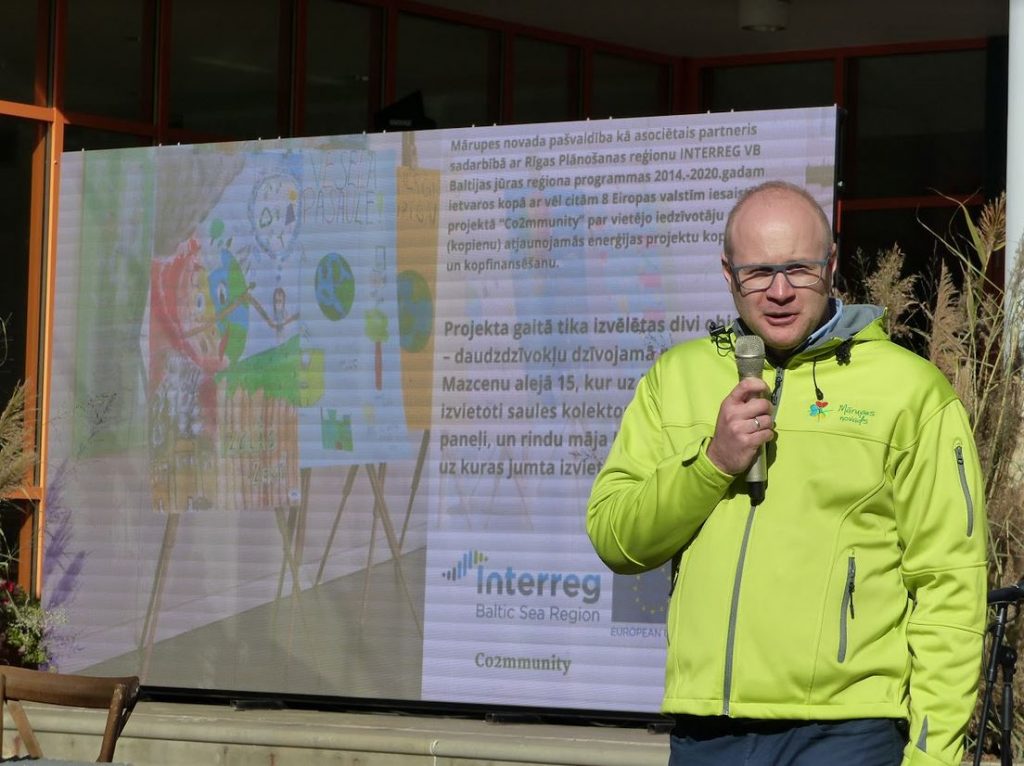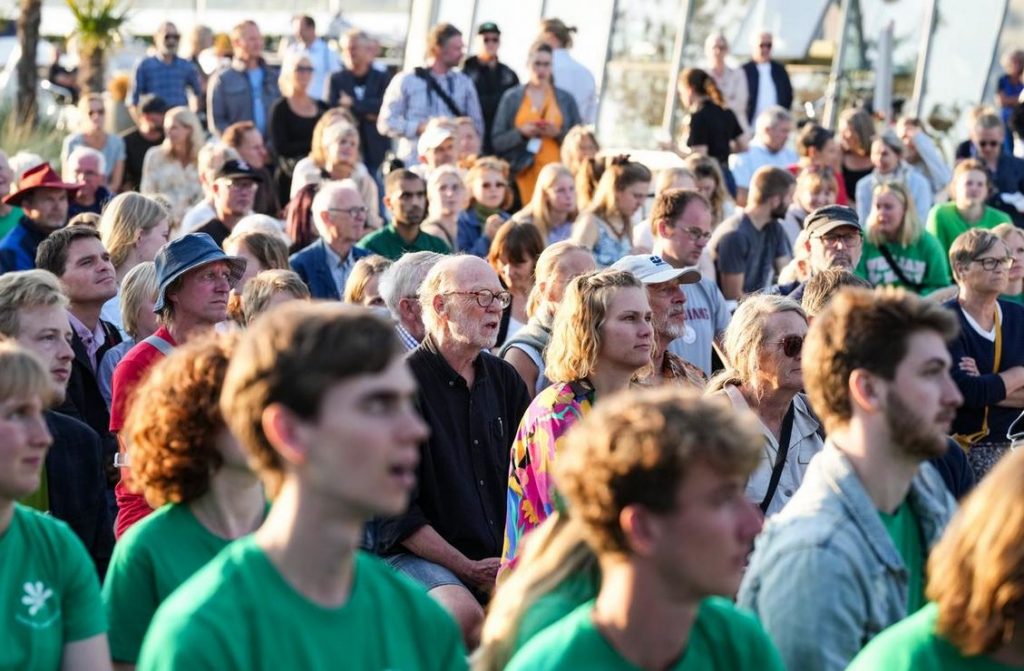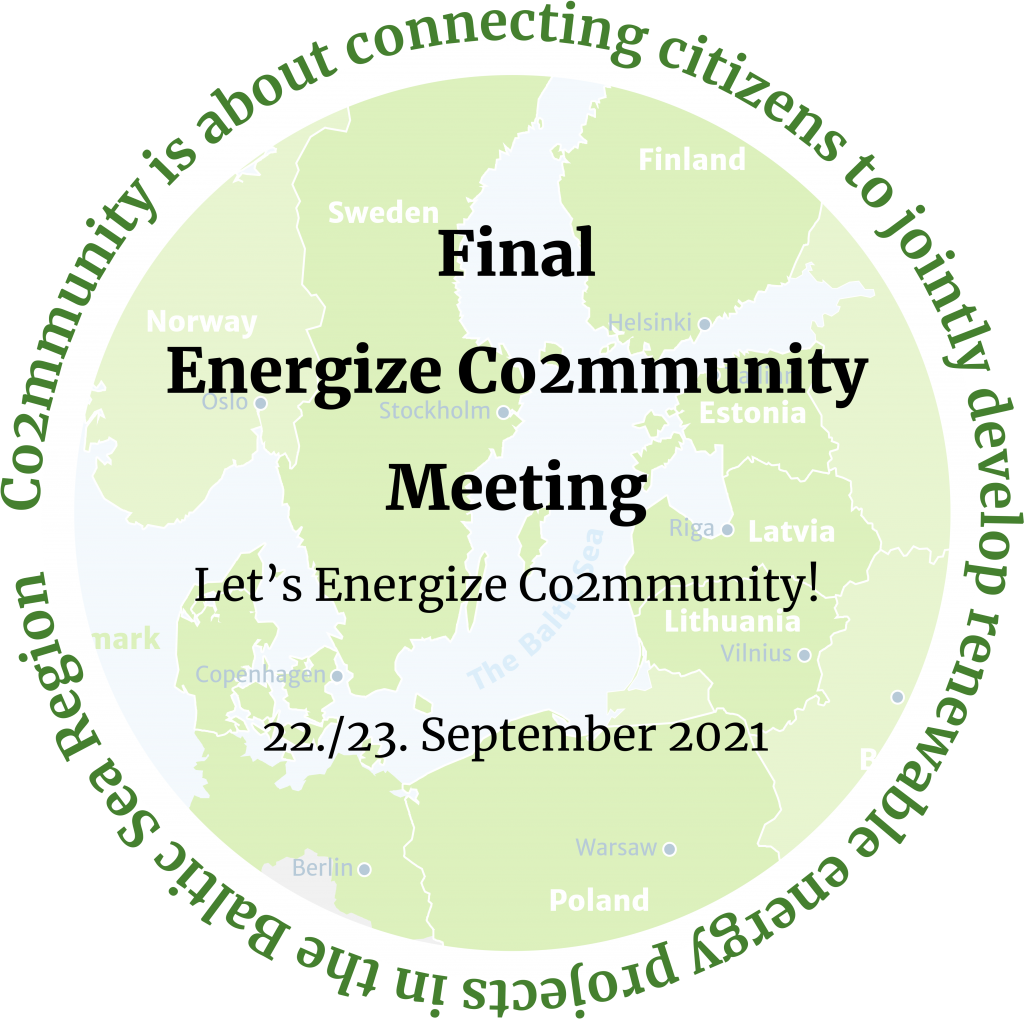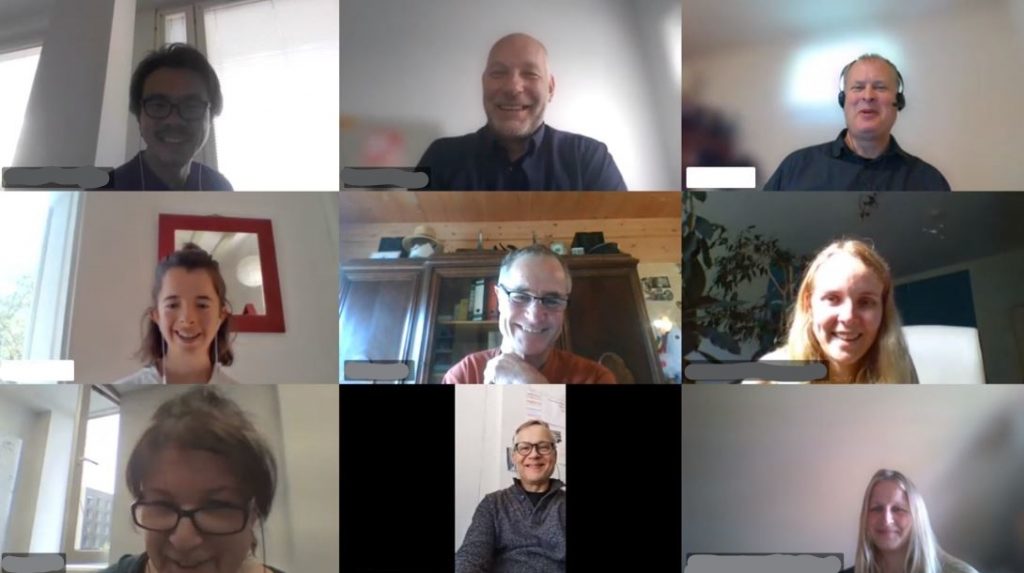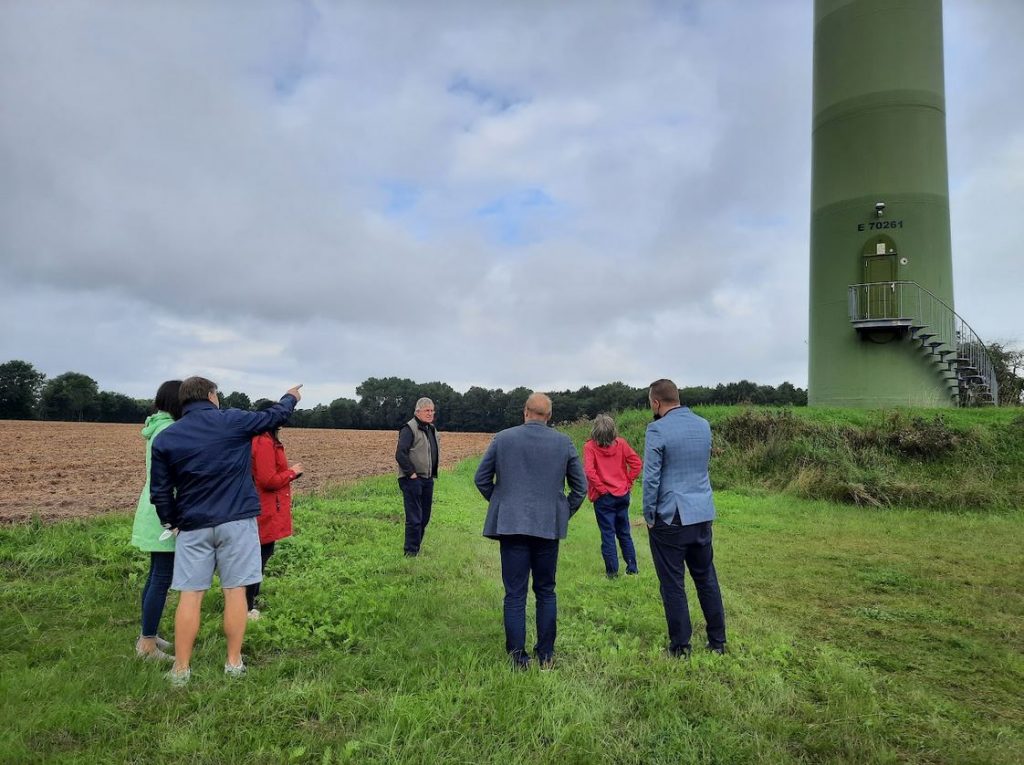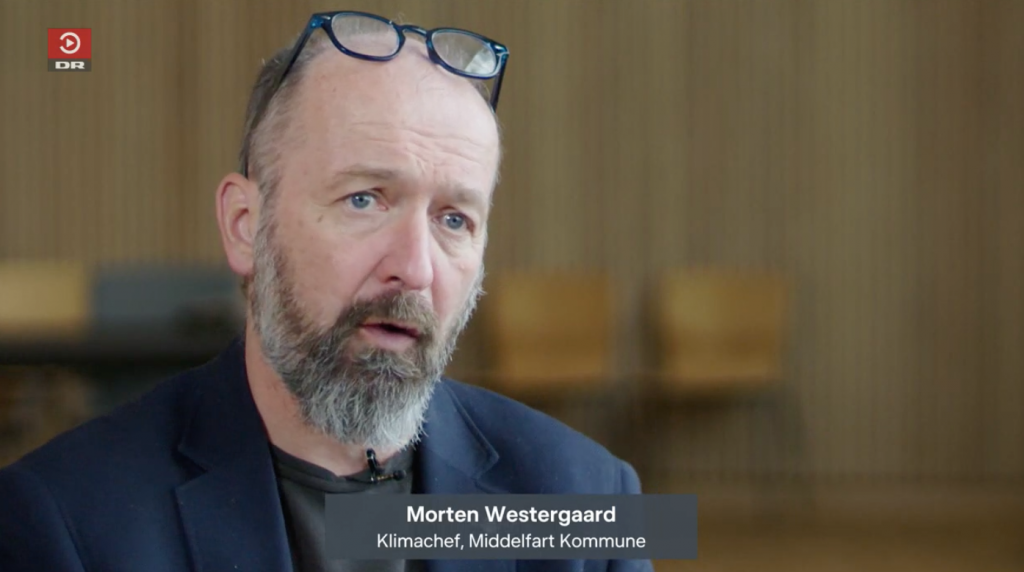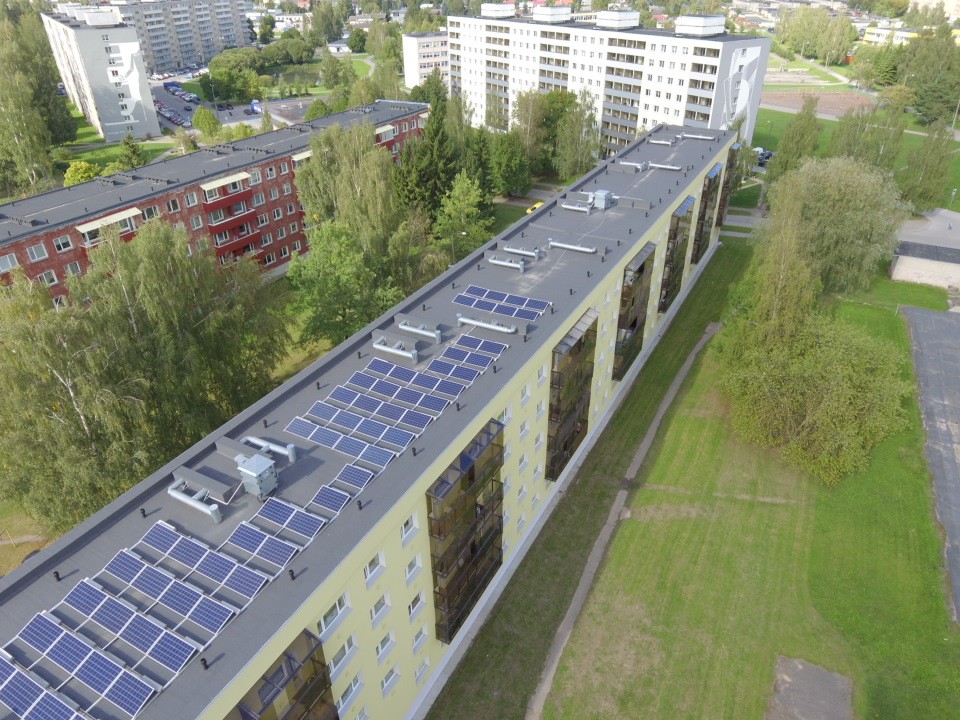Normal
0
21
false
false
false
EN-AU
X-NONE
AR-SA
table.MsoNormalTable
{mso-style-name:"Table Normal";
mso-tstyle-rowband-size:0;
mso-tstyle-colband-size:0;
mso-style-noshow:yes;
mso-style-priority:99;
mso-style-parent:"";
mso-padding-alt:0cm 5.4pt 0cm 5.4pt;
mso-para-margin-top:0cm;
mso-para-margin-right:0cm;
mso-para-margin-bottom:8.0pt;
mso-para-margin-left:0cm;
line-height:107%;
mso-pagination:widow-orphan;
font-size:11.0pt;
font-family:"Calibri",sans-serif;
mso-ascii-font-family:Calibri;
mso-ascii-theme-font:minor-latin;
mso-hansi-font-family:Calibri;
mso-hansi-theme-font:minor-latin;
mso-bidi-font-family:Arial;
mso-bidi-theme-font:minor-bidi;
mso-fareast-language:EN-US;}
Today signals the end of Energize Co2mmunity, the extension project of the original Co2mmunity project.
Over the last 12 months, it is safe to say that the original aims and targets have been reached and surpassed. There are countless examples of successful development of pilot projects, fostering transnational collaboration and extending our stakeholder reach. So much so, that there are already informal agreements amongst the team for ongoing exchange.
As a project, the partners have worked tirelessly together to overcome barriers to implementing and empowering renewable energy communities. At the same time, they have raised significant questions in order to proactively meet future challenges head-on and act as examples for those to come.
The RENCOP model – Renewable Energy Cooperation Partnership – has been successfully promoted as a solution, with many of the partners having inspiring stories to tell about their own journeys with their fellow citizens.
We concluded the formal component of our project this morning with our final online meeting, by enjoying films from last week’s meeting, swapping anecdotes and expressing our gratitude for the journey that was, and one that will continue in some form or another.
